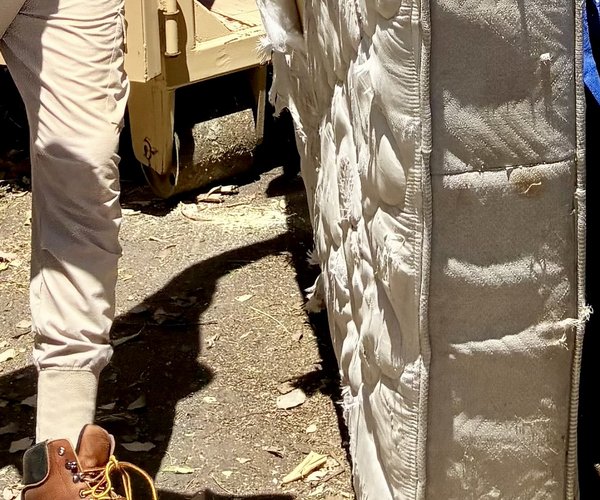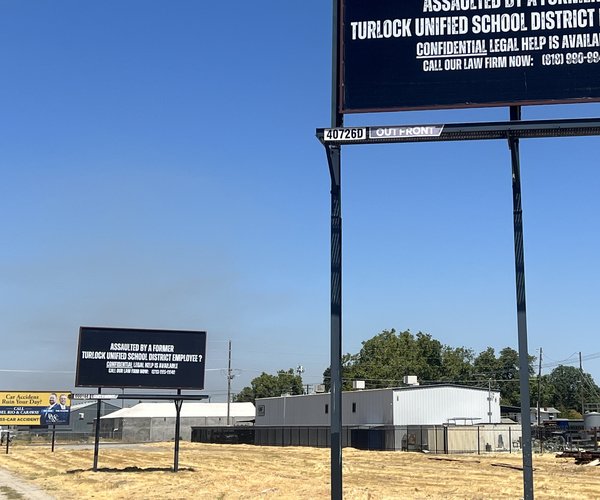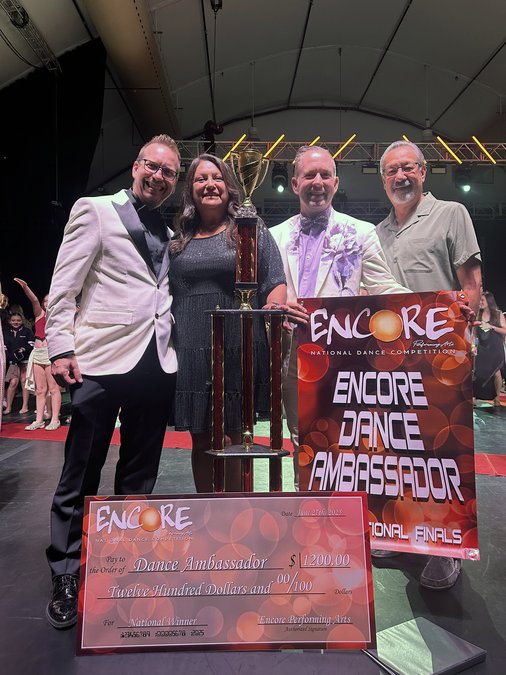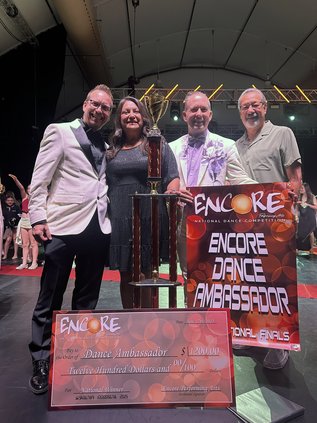For most people, flushing a toilet isn’t an action that prompts a lot of concern.
For others, however, figuring what happens after the flush is the basis of their career.
Meet Dan Madden. Madden is the father of three children, a Turlock resident, a fan of psychedelic rock, an amateur astronomer, and for the last 28 years, he has served as the Director of Municipal Services for the City of Turlock. On Sept. 3, Madden will officially be hanging up his hat after almost three decades of service to the city. The Journal got a chance to sit down with this long-time civil servant, and talk about the trials, tribulations and successes that have gone into a life’s worth of public service.
Journal: What prompted you to get into waste water treatment?
Madden: I actually have my degree in biology. My intent was to get into wildlife management, where you work with fish and game and management of mountain lions, deer and that kind of thing. I spent a year looking for work when I got out of college in 1980.
So how did you land a gig as a city employee?
There was an ad in the paper, I applied, did the interview. After I got hired, I asked the guy who hired me, “Why’d you hire me over all the other people?” He said, “Well, you’re from the Midwest so we knew you didn't know how to surf. You have a degree in biology, so we knew you were smart. You have strong mechanical skills and you were the only one who showed up in a suit and tie. So that was the start of it.
How did you end up in Turlock?
I started with the City of Santa Barbara back in '82. I worked there for almost four years and there was a job opening for the City of Turlock for a wastewater shift supervisor and I applied for that job and oddly enough, they hired me. So, I got a 50 percent drop in my cost of living and 30 percent increase in my salary. I started here in Turlock, in September of 1985.
Was there a learning curve?
When I started in wastewater I realized that it’s a biological process. So in essence, I was managing wildlife, but they were just microscopic, not macrobiotic. It was the same principles. You want to keep the food right with the population, you change one or the other; you make sure everyone is happy.
What goes into making sure a treatment plant is running the best it can?
Staff needs to understand that everything is connected. If this breaks, however, and you say it's not a big deal, it’s a pump, I can turn that off. Well, it not functioning here may affect something else. Knowing that it’s all connected is the key to operating a treatment plant well.
Do you think there is enough emphasis or significance put on the importance of water treatment?
It’s taken for granted on an unbelievable level. Until your line gets plugged up; then it's a problem. But other than that, 99.99 percent of the time, once people flush their toilet, they don't care where it went, as long as it is out of their house.
How can we change that?
Turlock treatment facility is a great example of changing people's perception of what our job is. The plant has won awards on both the national and state level. When we give tours, people are astounded at what we do and how we do it. We’re always trying to get people to understand that.
What’s one thing you can say you have learned throughout your time in this industry?
There is always something new. It’s never the same. You get used to doing something one way and someone will make a discovery and suddenly this other methodology is better, easier, quicker and safer.
What’s the most frustrating thing about the job?
Regulatory expectations. It’s frustrating to the extent that some people develop standards that are overly conservative and are certainly not cost effective.
What’s one thing you’re really proud of?
We’ve been able to attract new business to Turlock because we made improvements to our infrastructure ahead of time. When we come up with a project we ask what are people going to look at us in 50-70 years.
Where do you see the future of employment in Turlock public works?
The challenge won't be filling staff, but finding people that want to grow. In other words, a lot of people claim that “I deserve this,” as opposed to “I need to prepare myself” so I can be there. Those are the people we want.









